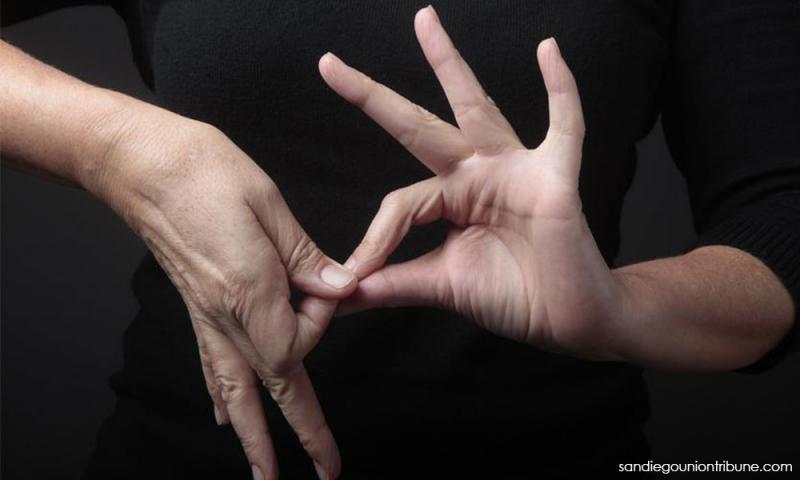COMMENT | Navigating the language of disability
COMMENT | Orang kurang upaya (OKU), cacat, "spastic", "retarded", "handicapped", "crippled".
Do such archaic words have a place in our society that has adopted the United Nations standards in recognising the rights of persons with disabilities?
The United Nations Convention on the Rights of Persons with Disabilities (CRPD) states as one of its purposes that, “the present convention is to promote, protect and ensure the full and equal enjoyment of all human rights and fundamental freedoms by all persons with disabilities, and to promote respect for their inherent dignity”.
The CRPD further provides a broad definition as follows: “Recognising that disability is an evolving concept and that disability results from the interaction between persons with impairments and attitudinal and environmental barriers that hinders their full and effective participation in society on an equal basis with others”. This definition has been largely adopted in the Malaysian Persons with Disabilities Act 2008 (Malaysian Act). It includes persons with special needs.
The emphasis in the CRPD and the Malaysian act is on upholding the rights and dignity of persons with disabilities. So the question is, shouldn't the ...
RM12.50 / month
- Unlimited access to award-winning journalism
- Comment and share your opinions on all our articles
- Gift interesting stories to your friends
- Tax deductable

 Sharanya Radhakrishnan
Sharanya Radhakrishnan